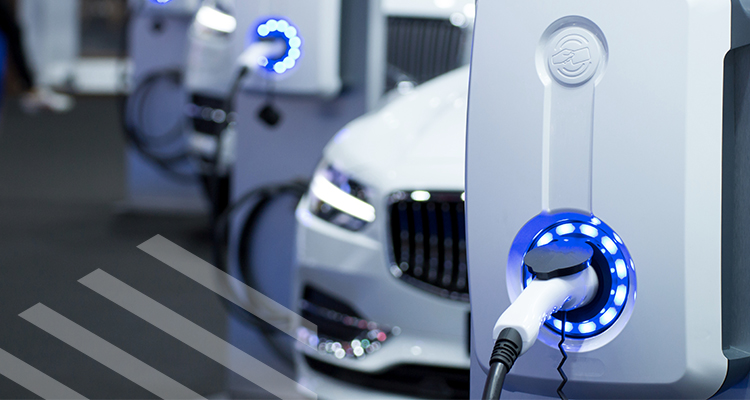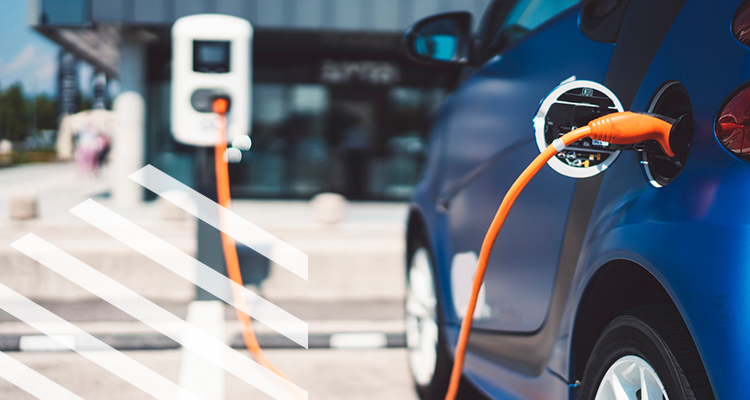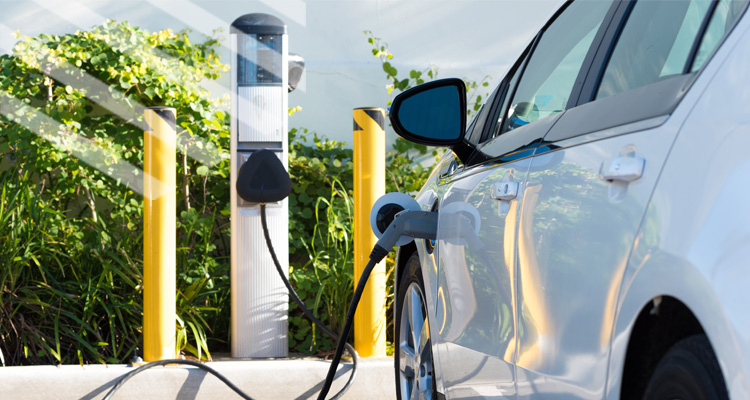
The Electric Car (EV) Discount Bill was introduced to parliament in late July and proposes a fringe benefit tax (FBT) exemption for eligible zero or low-emission vehicles that are made available by employers for employees and fall below the luxury tax threshold ($84,916). The draft bill is proposed to have retrospective application and is proposed to apply to fringe benefits provided on or after 1 July 2022 for eligible new or used vehicles that are first held and used from 1 July 2022.
This is good news for fleets, where organisations and employees stand to benefit.
Of the more than 600,000 passenger vehicles and light SUVs sold to Australian business fleets in 2020, only 488 were EVs1. In addition to supply issues and infrastructure shortfalls, cost is a critical obstacle for many organisations including more EVs in their fleets.
The draft legislation if implemented will go a long way to improve affordability of EVs. For fleet managers the key consideration is not just the upfront purchase price but also the ‘whole of life cost’ of the vehicles which takes into account savings on fuel and servicing over the period of ownership, tax deductions, and the resale price.
Modelling by Interleasing on the Hyundai i30, when compared with the equivalent EV model (Ioniq), concludes that based on the draft legislation the whole of life cost for the EV could be close to neutral or potentially even cheaper than its combustion engine counterpart. This is welcome news for fleets and may accelerate the transition to EVs for some organisations.
At this stage it’s understood that the Commonwealth Government is also proposing to remove the 5% import tariff which applies on some imported EVs, such as those from Europe, and to develop a National EV Strategy. Due to free trade agreements with countries including China, Japan, Korea and the USA already being in place, the proposed import tariff exemption is unlikely to have a significant impact on affordability of the majority of EVs.
The proposed bill also means a novated lease on an EV could differ from that of a traditional fuel-powered vehicle. Employees who have car allowances provided by their employer could opt for an EV novated lease and could reap the potential benefit of the FBT exemption. Again, this is good news for organisations looking to meet the growing demand of Australians for more sustainable options and is aligned to ESG initiatives.
WE GO THE EXTRA MILE TO DELIVER VALUE
For most fleets, the transition to EVs will be a marathon and not a sprint. In our discussion guide we share some ideas and a roadmap on how fleet managers might get moving. If you’re considering how EVs could work for your organisation, this guide gives you a great starting point in formulating your strategy and determining how your fleet can successfully evolve to a greener future. For more about how we can help your fleet perform at its best, get in touch today.


